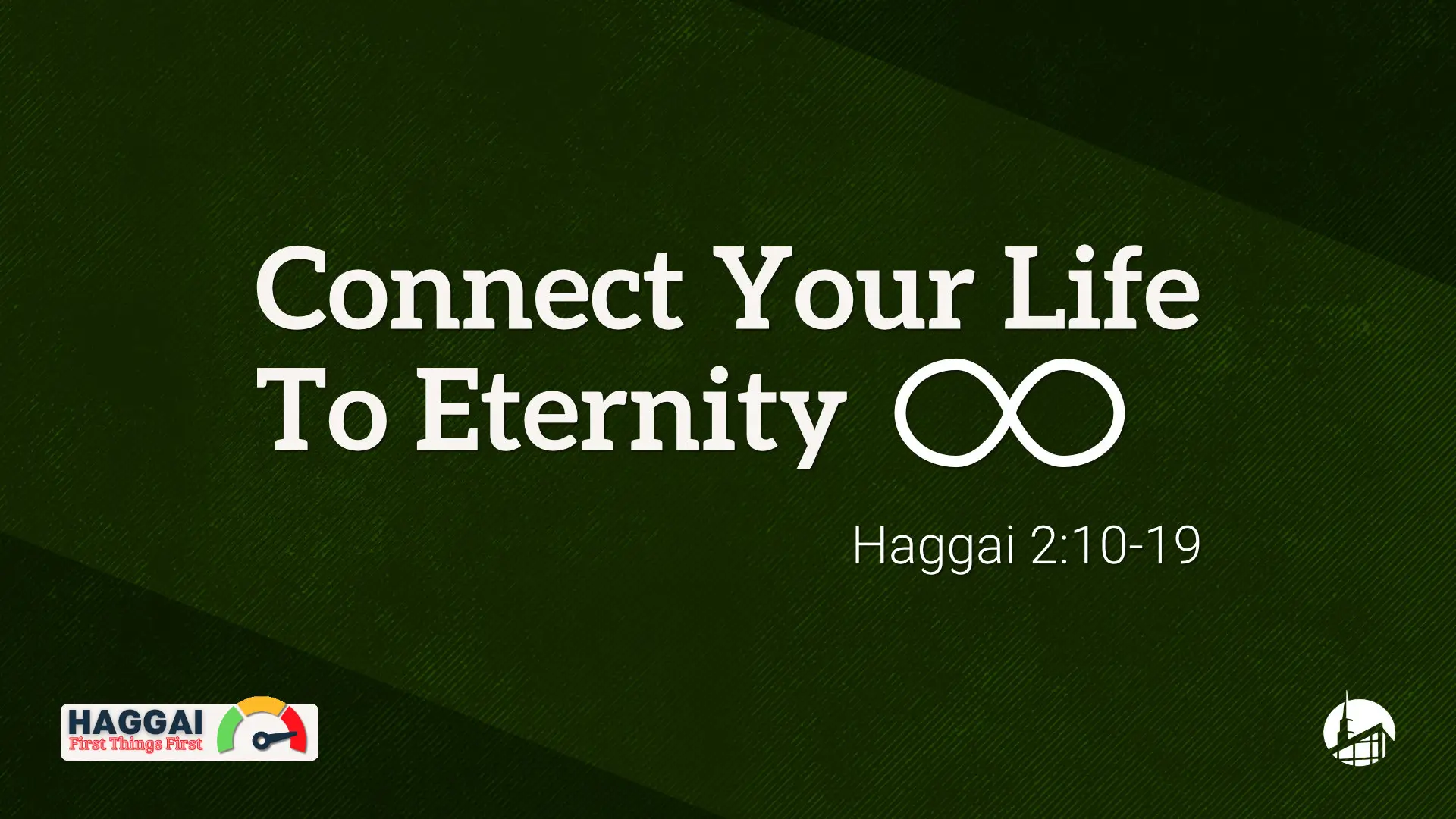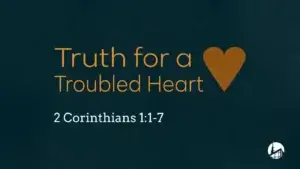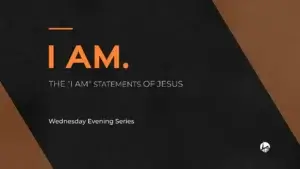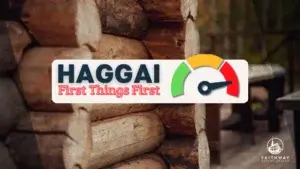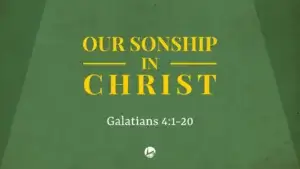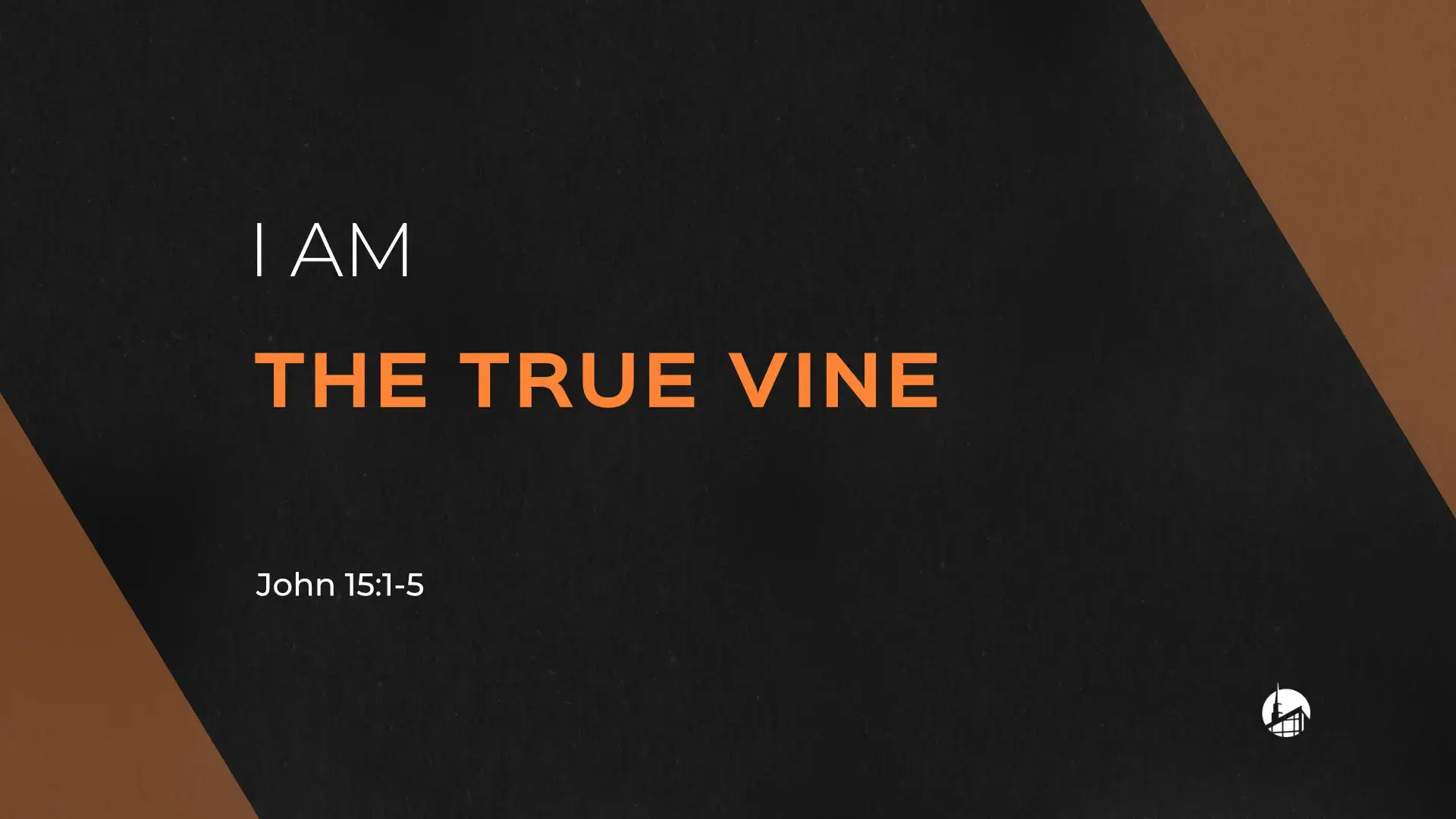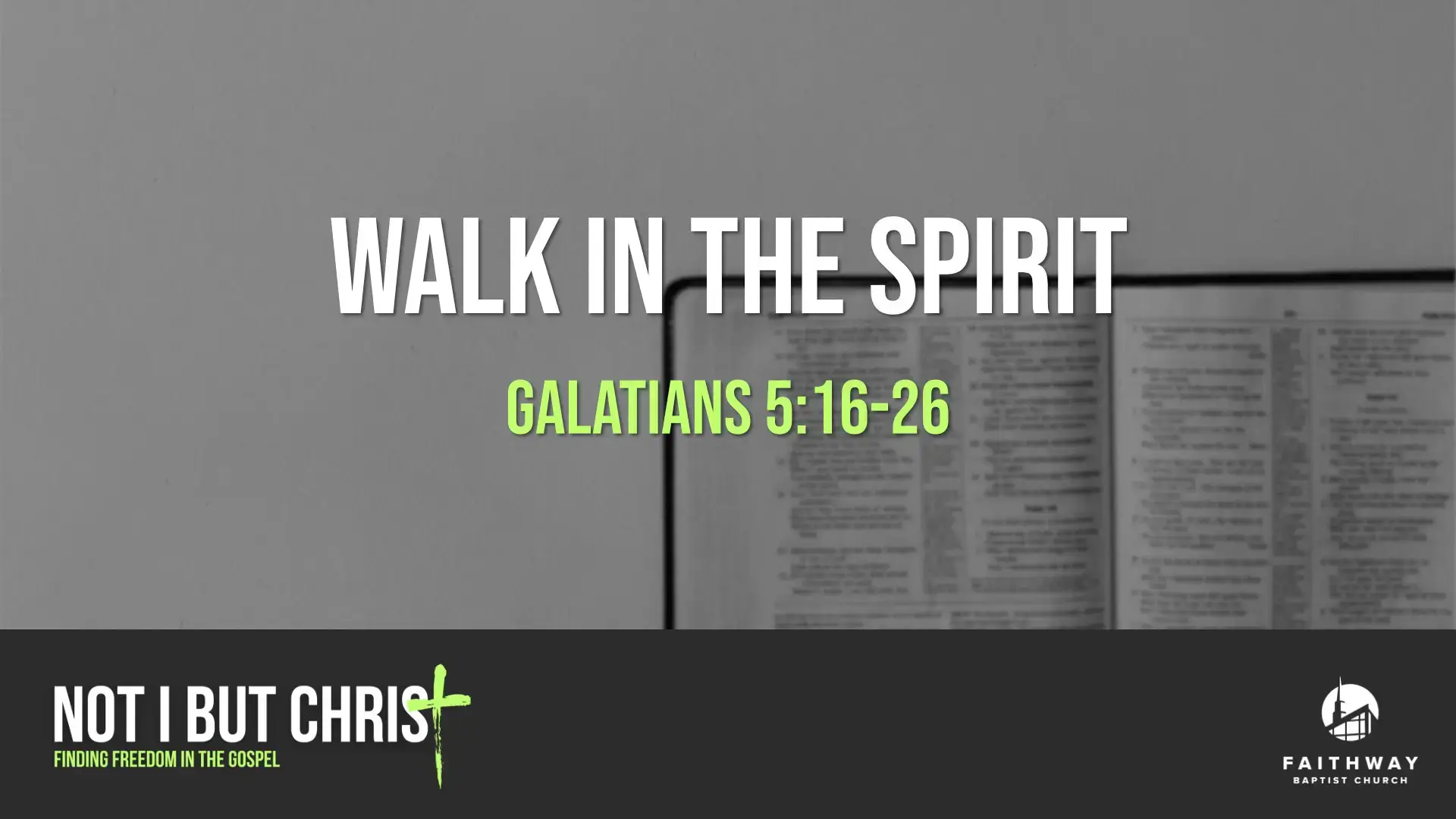We all want our lives to matter, to count for something beyond the here and now. But how do we live with that kind of lasting purpose? In Haggai 2:20-23, God delivers a powerful word to Zerubbabel that still speaks to us today. This passage reminds us that God’s eternal plan includes individuals like you and me, that our lives when surrendered to Him, can reflect His glory, regardless of our history. Let’s explore how to connect our lives to eternity by aligning ourselves with God’s eternal plan, making our lives a testament of service, and embracing the truth that God can use anyone no matter their past.
1. Anchor Your Life in God’s Eternal Plan (Verse 20–22)
The word of the Lord came to Haggai a second time on the same day, this time directed specifically to Zerubbabel. Unlike the earlier message to the general population, this was a personal word. It reminds us that God’s eternal plan is not just vast and cosmic—it is also deeply personal. God has a global plan, but He never forgets the individual. Just as He reached out specifically to Zerubbabel, He reaches out to each of us.
The Lord declared that He would shake the heavens and the earth. This is a powerful image of divine intervention, indicating that God is not distant or passive. He actively moves in history and will once again assert His authority over the nations. When God says He is going to overthrow thrones and destroy the strength of kingdoms, it points to a future moment when all earthly powers will bow to His sovereign will.
This is the hope we anchor our lives in: that God’s purposes will prevail. Despite the instability of worldly powers, God’s eternal plan remains firm. As believers, we are called to live with our eyes fixed on this greater reality, knowing that God is orchestrating all things toward His redemptive end. Zerubbabel stood as a representation of the remnant, those who chose to trust in God’s plan even when it seemed distant or invisible. Today, we are called to do the same—anchor our lives in His eternal purpose, which cannot be shaken.
2. Make Your Life a Testament of Service to God (Verse 23)
Verse 23 shifts the focus to a divine declaration of choice: “I will take you, Zerubbabel, my servant… and I will make you like my signet ring.” This is a powerful affirmation of value and purpose. The signet ring was not only a mark of authority, but also a symbol of the king’s ownership and trust. For God to call someone His signet ring is to express deep significance.
Zerubbabel’s appointment wasn’t just a title; it was a mission. His life was to become a testament of God’s faithfulness and presence among His people. Although Zerubbabel never saw the physical glory of a completed Messianic reign, God was weaving his life into the lineage of Christ—the ultimate fulfillment of the Davidic promise.
In the same way, our lives are meant to reflect God’s authority and mission. When we serve Him faithfully in our generation—whether seen or unseen—we become part of His eternal narrative. Serving God is not about visibility or fame. It’s about being faithful where He places us, and allowing Him to shape us into instruments of His purpose.
3. God Can Use Your Life, No Matter Your Past (Verse 23)
The mention of Zerubbabel as God’s servant echoes the title given to David and the promised Messiah. This linkage is remarkable given Zerubbabel’s lineage. He was a descendant of King Jeconiah (also known as Coniah), a king so disobedient that God declared none of his offspring would sit on the throne of David. Yet here we see God restoring dignity and purpose through Zerubbabel. He takes what was broken and unusable and reclaims it for His glory.
This is the gospel in action: God redeems what others discard. Our past does not disqualify us from God’s future. In fact, God often chooses the least likely people to carry out His greatest purposes. Zerubbabel’s life was a redemption story—a testimony that God can rewrite any script.
Let this be an encouragement: no matter where you’ve been or what you’ve done, God can use your life. He doesn’t define you by your past mistakes but by His present calling and eternal vision. When we yield to Him, He makes our lives a sign of His grace and a beacon of His redemptive power.
Conclusion
God’s message through Haggai to Zerubbabel is a call to each of us: anchor your life in His eternal plan, make your life a testament of faithful service, and never believe your past disqualifies you from His future. As we connect our lives to eternity, we discover that we are part of a story far greater than our own—a story written by the Author of time Himself.
